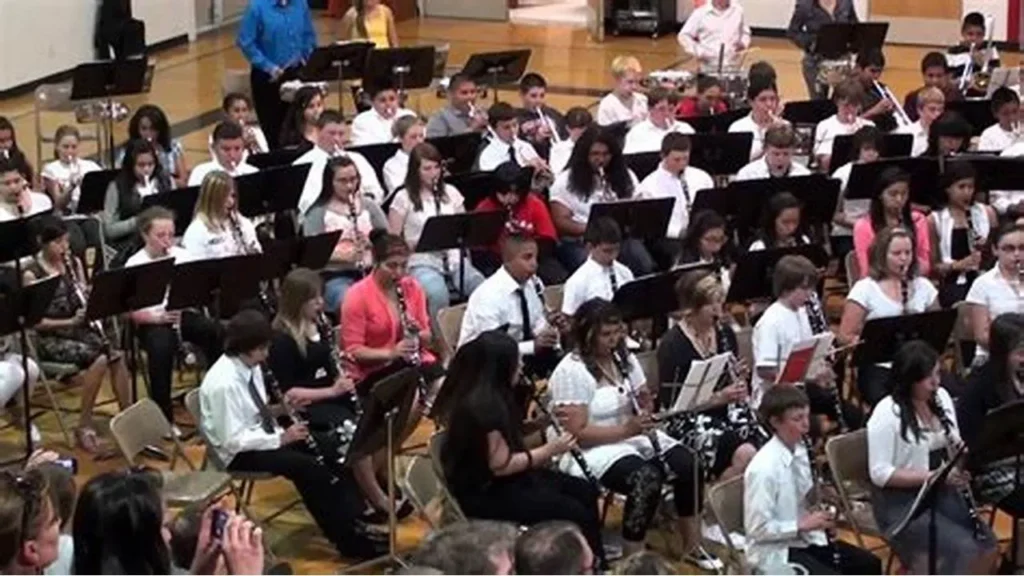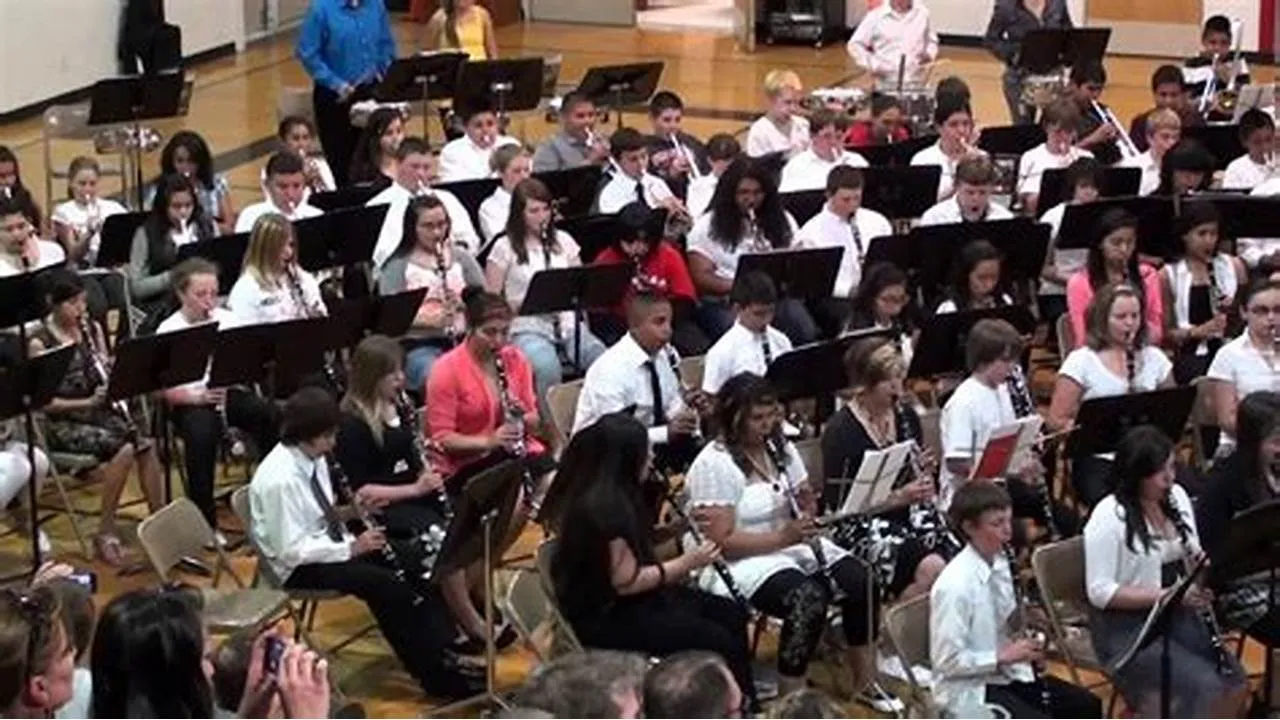University music programs offer a rich tapestry of education that combines theory, performance, and creativity. They provide aspiring musicians, composers, and educators with the skills and knowledge necessary to thrive in the diverse world of music. These programs not only foster artistic talent but also prepare students for various careers in music and related fields. In this article, we will explore the key components of university music programs, their benefits, the different types of degrees available, and what students can expect during their studies.

About University Music Programs
University music programs are designed to cultivate musical talent and equip students with essential skills. They encompass various disciplines, including performance, music education, composition, music theory, and music technology. With a blend of practical and theoretical coursework, these programs encourage students to explore their artistic identity while gaining a comprehensive understanding of music as a discipline.
Types of Music Degrees
- Bachelor’s Degree
- Bachelor of Music (BM): Focused on performance, composition, or music education, providing intensive training and coursework.
- Bachelor of Arts (BA) in Music: A broader liberal arts education with a concentration in music, allowing for flexibility in course selection.
- Master’s Degree
- Master of Music (MM): Advanced study in performance, composition, or pedagogy, typically requiring a thesis or recital.
- Master of Arts (MA) in Musicology: Emphasizes research and scholarship in music history and theory.
- Doctoral Programs
- Doctor of Musical Arts (DMA): Focuses on performance or composition at the highest level, often culminating in a final project or performance.
- Ph.D. in Musicology: Concentrated on advanced research and theoretical study of music.
Core Components of University Music Programs
- Performance Training: Students receive individual lessons and participate in ensembles, honing their technical skills and artistic expression.
- Music Theory and Ear Training: Essential for understanding the structure and elements of music, these courses enhance listening skills and compositional abilities.
- Music History: Offers insights into various musical genres and the evolution of music over time, fostering a deeper appreciation for the art form.
- Composition and Arranging: Students learn to create original works, exploring various styles and techniques.
- Technology in Music: Introduction to recording, editing, and producing music using contemporary software and equipment.
Benefits of University Music Programs
- Skill Development: Students develop technical proficiency on their instruments or voice, as well as strong analytical and critical thinking skills.
- Networking Opportunities: Music programs often provide connections with industry professionals, guest artists, and alumni, opening doors for internships and job opportunities.
- Creative Expression: The environment fosters creativity, allowing students to explore their artistic voice and collaborate with peers.
- Career Preparation: Graduates are equipped for various career paths, including performance, teaching, music therapy, and music administration.
Student Experience and Campus Life
Students in music programs often engage in a vibrant campus culture. They participate in concerts, masterclasses, and workshops, which enrich their learning experience. Collaboration is a key aspect, with opportunities to work alongside peers from diverse musical backgrounds. Additionally, many universities offer performance venues, recording studios, and access to professional equipment, enhancing the educational experience.
Conclusion
University music programs play a vital role in shaping the future of music. They provide students with the training, experience, and support necessary to pursue their passions and achieve their career goals. Whether through performance, education, or composition, these programs prepare graduates for the multifaceted world of music, fostering a lifelong appreciation for the art form. For anyone considering a career in music, enrolling in a university music program can be a transformative step towards realizing their dreams.
